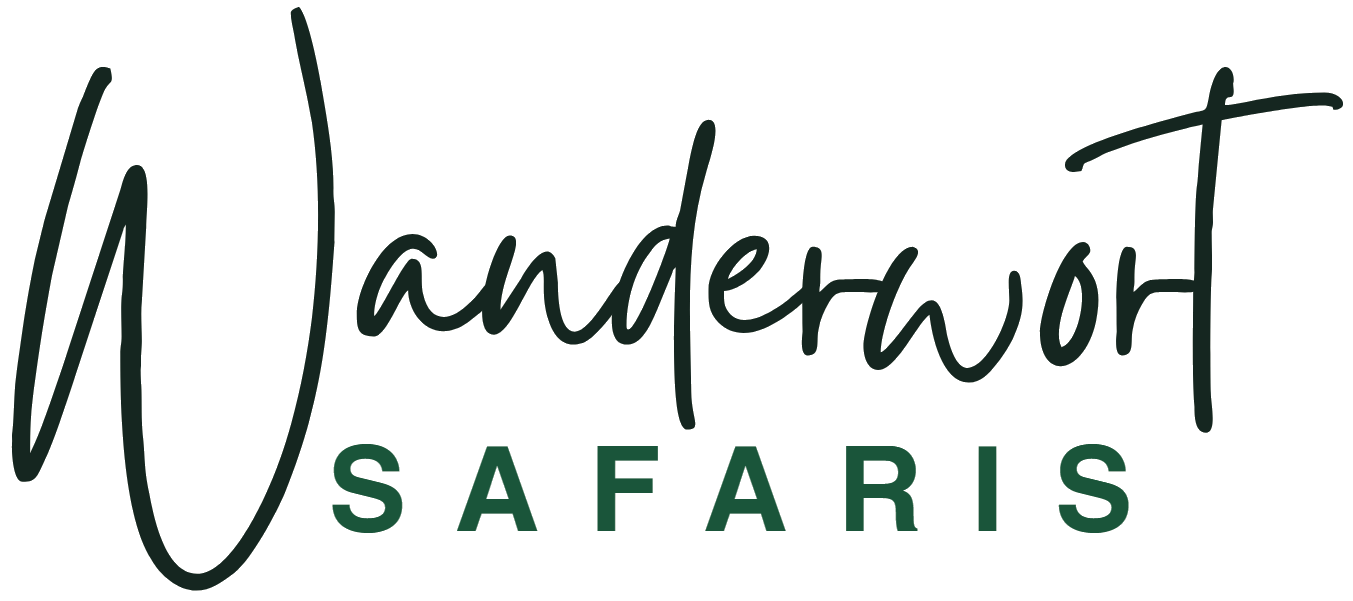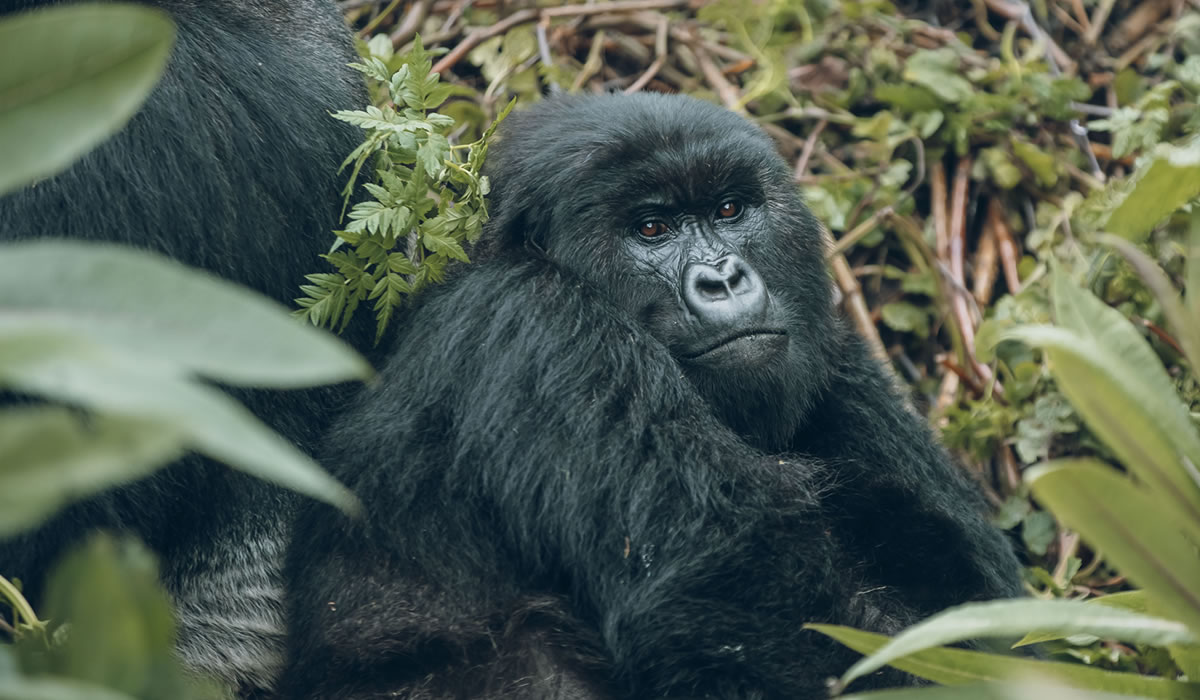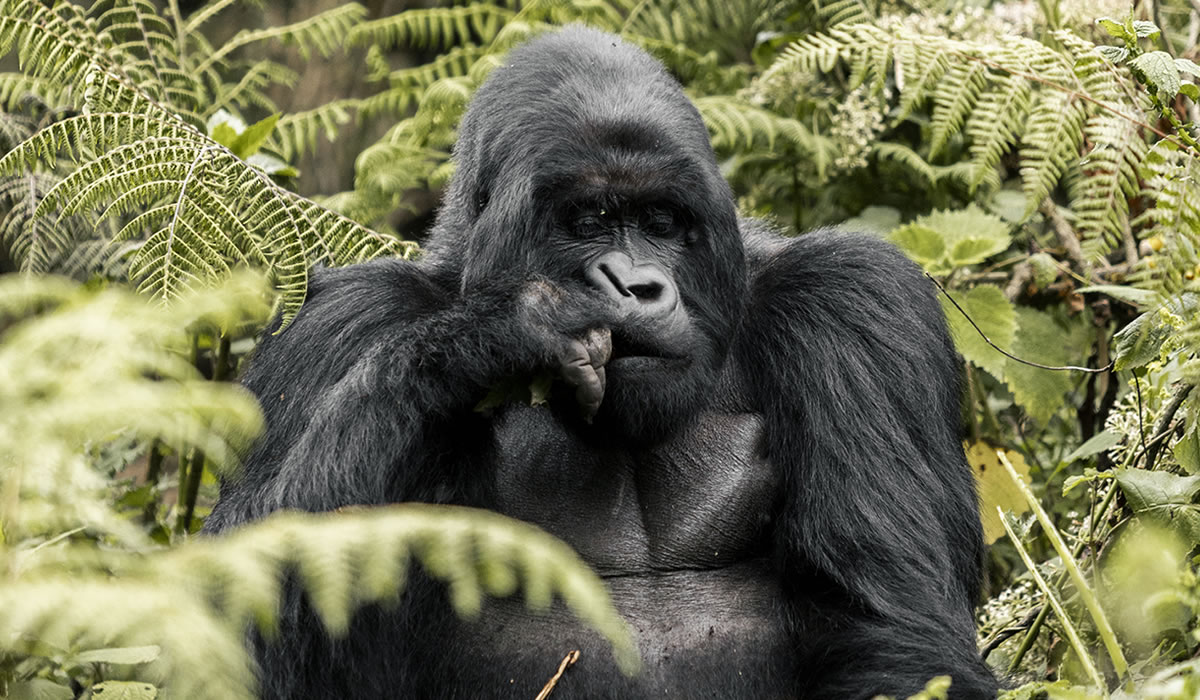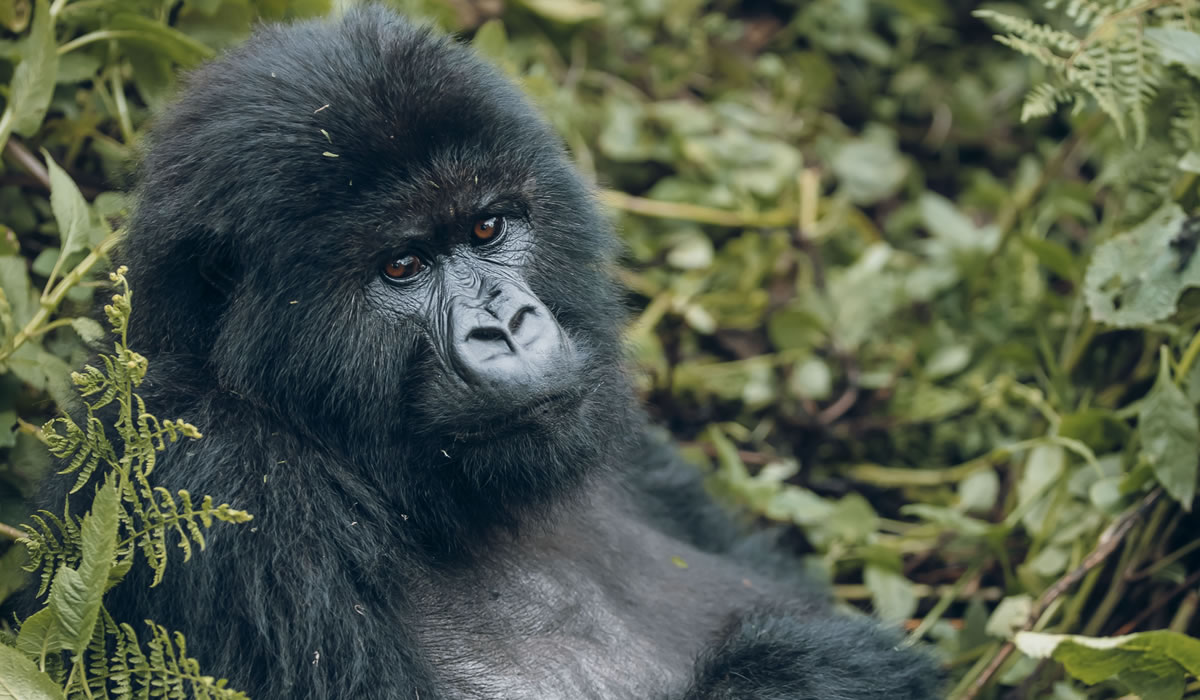Gorilla trekking in Rwanda is one of the most extraordinary wildlife experiences on Earth. Nestled…
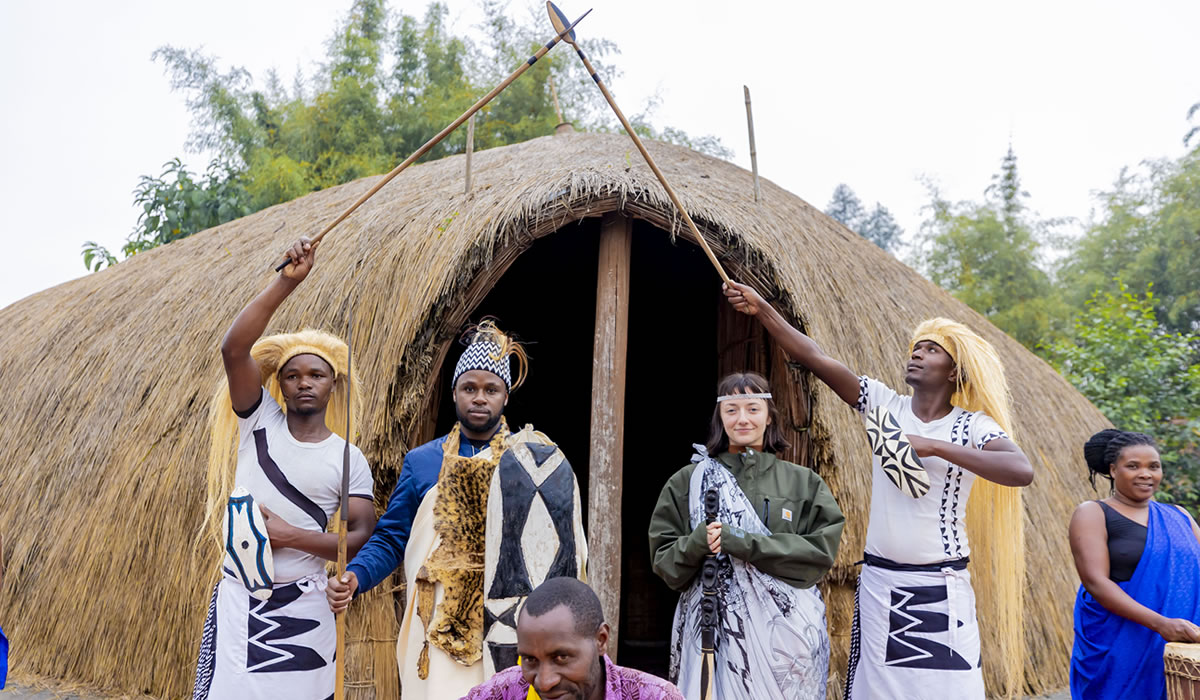
Rwanda Cultural Experiences
Rwanda is a vibrant tapestry of cultural richness, where ancient traditions blend seamlessly with modern aspirations. Nestled in the heart of East Africa, this small yet dynamic nation offers travelers an opportunity to immerse themselves in authentic cultural experiences that reflect its resilient spirit, warm hospitality, and diverse heritage. From traditional dance and music to culinary delights and community-led initiatives, Rwanda’s cultural landscape is as captivating as its rolling hills and lush landscapes. This article explores the essence of Rwanda’s cultural experiences, offering insights into its traditions, festivals, crafts, and the people who bring them to life, making it a must-visit destination for cultural enthusiasts.
Rwanda’s cultural heritage is deeply rooted in its history, shaped by the resilience of its people following the 1994 genocide. Today, the country is a beacon of unity and reconciliation, and its culture reflects this journey of healing. Visitors can witness this spirit in the daily lives of Rwandans, who take pride in sharing their traditions through storytelling, dance, and art. One of the most iconic cultural expressions is the Intore dance, a traditional performance that combines grace, strength, and storytelling. Performed by skilled dancers adorned in colorful attire, the Intore, or “dance of heroes,” was historically associated with Rwanda’s royal courts. Today, it is a symbol of national pride, often showcased at cultural festivals, weddings, and community gatherings. Watching an Intore performance in Kigali or at a rural cultural village offers a glimpse into Rwanda’s regal past and its enduring traditions.
Beyond dance, music plays a central role in Rwandan culture, with rhythmic drumming and soulful melodies echoing through ceremonies and celebrations. The inanga, a traditional stringed instrument, produces hauntingly beautiful sounds that accompany oral storytelling, a cherished practice in Rwandan communities. Visitors can experience these musical traditions at events like the KigaliUp Festival, an annual celebration of African music that draws artists from across the continent. Held in the capital, this festival is a vibrant showcase of Rwanda’s contemporary and traditional music scenes, offering travelers a chance to dance alongside locals and immerse themselves in the country’s evolving cultural identity.
Rwanda’s culinary traditions are another gateway to its culture, offering a sensory journey through flavors that reflect the country’s agricultural abundance. Staples like ugali (a maize-based dish), isombe (cassava leaves stewed with peanuts or vegetables), and grilled goat skewers are common in Rwandan households. For a truly immersive experience, visitors can participate in cooking classes offered by local cooperatives, such as those in Kigali or near Lake Kivu. These classes often include visits to local markets, where travelers can learn about ingredients like plantains, beans, and fresh herbs while engaging with vendors. Sharing a meal with a Rwandan family, often accompanied by locally brewed banana beer, fosters a deep connection to the community and its traditions.
Art and craftsmanship are integral to Rwanda’s cultural identity, with artisans creating intricate works that tell stories of resilience and creativity. The Imigongo art form, unique to Rwanda, features geometric patterns painted with natural pigments, traditionally made from cow dung and ash. These bold, monochromatic designs adorn homes, galleries, and cultural centers, such as the Imigongo Art Cooperative in the Eastern Province. Visitors can join workshops to learn this ancient technique, creating their own pieces while supporting local artisans. Similarly, Rwanda’s basket weaving, known as agaseke, produces intricately woven baskets used for both practical and ceremonial purposes. These crafts are often created by women’s cooperatives, which empower communities through skill-sharing and economic opportunities. Purchasing these handmade items directly from artisans not only supports local economies but also provides a tangible connection to Rwanda’s cultural heritage.
Community-based tourism is a cornerstone of Rwanda’s cultural experiences, offering travelers a chance to engage directly with locals and contribute to sustainable development. Initiatives like the Azizi Life Experience in Muhanga allow visitors to spend a day with a rural family, participating in activities like farming, weaving, or cooking traditional meals. These immersive experiences highlight the warmth and hospitality of Rwandans, who welcome guests with open hearts and stories of their daily lives. Similarly, the Red Rocks Rwanda Cultural Centre near Volcanoes National Park offers workshops on banana beer brewing, basket weaving, and traditional storytelling, all led by local community members. These interactions foster mutual respect and provide travelers with a deeper understanding of Rwanda’s social fabric.
Rwanda’s cultural festivals are vibrant celebrations that bring communities together and offer visitors a front-row seat to the nation’s traditions. The Kwita Izina gorilla naming ceremony, held annually in the Volcanoes National Park region, is a unique cultural and conservation event. During this ceremony, newborn gorillas are given names in a colorful celebration that includes traditional music, dance, and speeches by community leaders. The event highlights Rwanda’s commitment to conservation while showcasing its cultural pride. Another notable festival is the Umuganura, a national harvest festival that celebrates gratitude and abundance. Held in August, Umuganura features communal feasts, music, and dance, offering visitors a chance to experience Rwanda’s agricultural heritage and communal spirit.
For those seeking to explore Rwanda’s cultural history, the Ethnographic Museum in Huye is a treasure trove of artifacts and stories. The museum houses traditional tools, clothing, and musical instruments, providing insight into the pre-colonial and post-colonial history of Rwanda. Guided tours offer context about the country’s monarchy, social structures, and cultural evolution, making it a must-visit for history buffs. Similarly, the King’s Palace Museum in Nyanza offers a glimpse into Rwanda’s royal past, with a reconstructed royal residence and exhibits on traditional governance. These cultural institutions provide a deeper appreciation of Rwanda’s heritage and its journey toward modernity.
Rwanda’s commitment to sustainability and community empowerment is evident in its cultural tourism initiatives, which prioritize ethical travel and local benefits. Many cultural experiences are led by cooperatives or social enterprises, ensuring that tourism revenue supports education, healthcare, and economic development. For example, the Nyamirambo Women’s Center in Kigali offers walking tours that explore the vibrant Nyamirambo neighborhood, known for its diverse community and bustling markets. These tours include visits to local homes, mosques, and craft workshops, providing an authentic glimpse into urban Rwandan life. By choosing such experiences, travelers contribute to initiatives that uplift marginalized communities while gaining a richer understanding of Rwanda’s cultural diversity.
The spiritual and communal aspects of Rwandan culture are also evident in its traditional ceremonies, such as weddings and naming rituals. Visitors may have the chance to witness a traditional Rwandan wedding, known as Gusaba, which involves elaborate negotiations between families, vibrant attire, and communal celebrations. These ceremonies are a testament to the importance of family and community in Rwandan society, with music, dance, and feasting at their core. Engaging with these rituals, even as an observer, offers a profound connection to the values that define Rwandan culture.
For travelers planning a cultural journey to Rwanda, the best time to visit is during the dry seasons (June to September and December to February), when festivals and outdoor activities are in full swing. Kigali, the capital, serves as a cultural hub with galleries, markets, and performance spaces like the Inema Arts Center, where contemporary Rwandan artists showcase their work. Beyond Kigali, destinations like Gisenyi, Huye, and the Volcanoes National Park region offer diverse cultural experiences, from lakeside relaxation to rural village visits. To make the most of your trip, consider booking through local tour operators who specialize in cultural and community-based tourism, ensuring an authentic and respectful experience.
Rwanda’s cultural experiences are a testament to the country’s resilience, creativity, and unity. Whether you’re dancing to the rhythm of Intore, weaving a basket with a local artisan, or sharing a meal with a Rwandan family, these moments create lasting memories and a deeper appreciation for the nation’s heritage. By engaging with Rwanda’s traditions, visitors not only enrich their own travel experiences but also contribute to the preservation and celebration of a culture that continues to thrive against all odds. Plan your journey to Rwanda today and discover a world of cultural wonders waiting to be explored.
